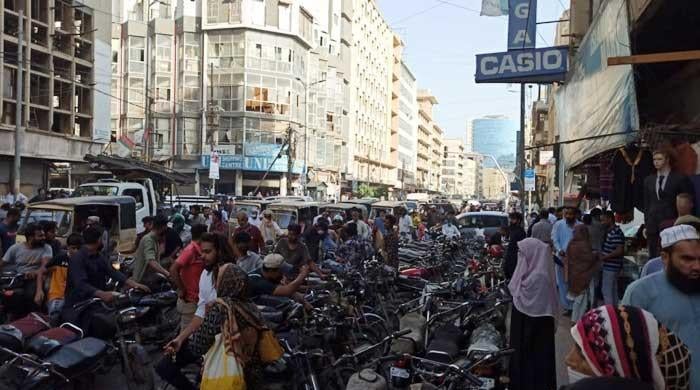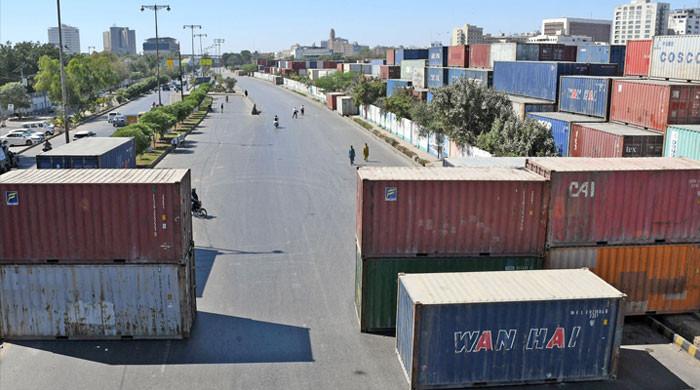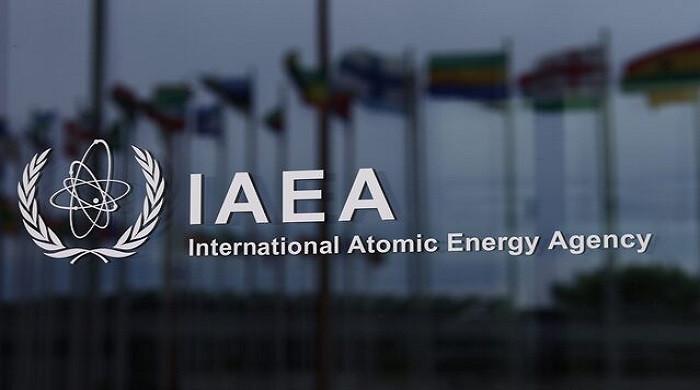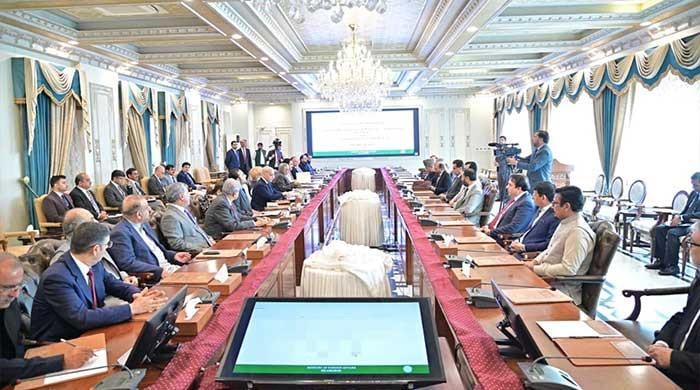Malala blasts Afghan Taliban for banning women from Eid celebrations
"As Muslims around the world gather for Eid, my heart goes out to women and girls in Afghanistan," says Nobel Prize laureate
April 21, 2023
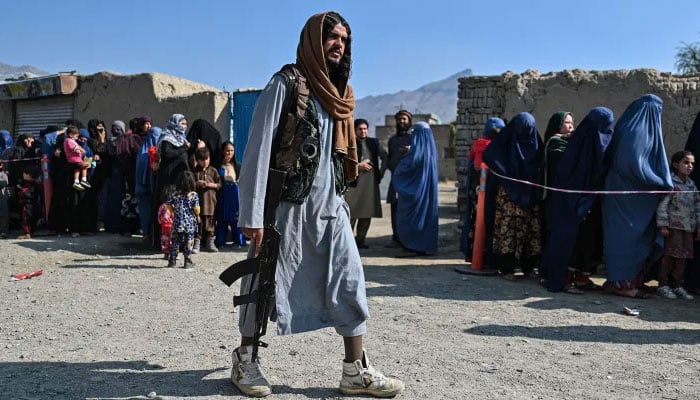
Nobel Peace Prize laureate Malala Yousafzai on Friday lashed out at the Afghan Taliban for banning women in two provinces from participating in celebrations in connection with the auspicious occasion of Eid ul Fitr.
The people in Afghanistan celebrated Eid today across the country after the supreme court confirmed the sighting of Shawwal moon a day earlier.
The Taliban, however, prohibited women from attending Eid celebrations in two provinces — Takhar and Baghlan. In two separate notifications, the Taliban stated, “It is forbidden for women to go out in groups during the days of Eid ul Fitr” in the provinces.
Taking to Twitter, Malala said: “As Muslims around the world gather for Eid, my heart goes out to women and girls in Afghanistan, as the Taliban have banned women in two provinces from participating in celebrations with their families and friends.”
It is pertinent to mention here that the Taliban authorities — earlier this month — banned the entry of families and women in restaurants with gardens and green spaces in the Herat province.
The Taliban have banned women from partaking in Eid gatherings in two provinces — not the entire state.
An Afghan official said the ban was enforced after religious scholars and members of the public complained about the mixing of genders in such spaces.
Hibatullah Akhundzada, Afghan Taliban's supreme leader, released his Eid message earlier this week in five languages — Arabic, Dari, English, Pashto and Urdu.
The supreme leader praised the interim government for making "progress" after taking over Afghanistan in August 2021.
“The bad intellectual and moral effects of the 20-year occupation are about to finish,” he said and extolled “living in the light” of Sharia or Islamic law.
Women in Afghanistan have already been banned by the Taliban in public spaces like parks and gyms. The measures have triggered a fierce international uproar, increasing the country’s isolation at a time when its economy has collapsed — and worsened the humanitarian crisis.





